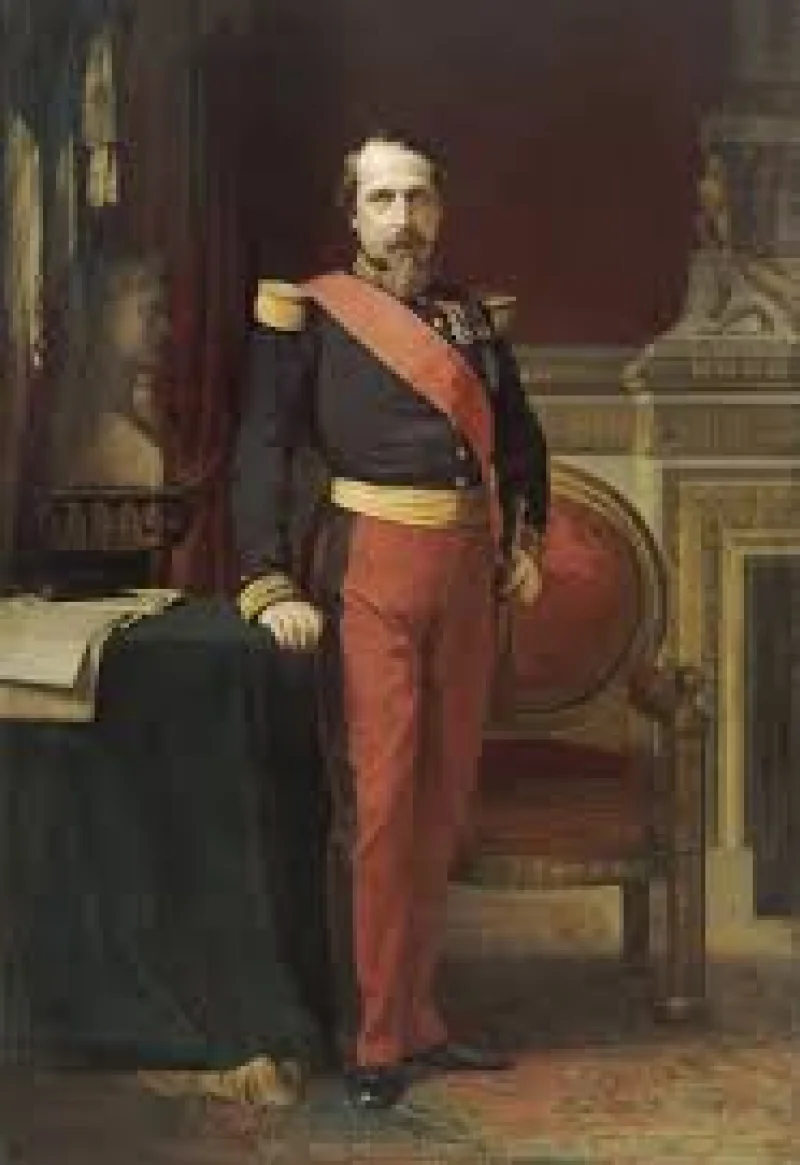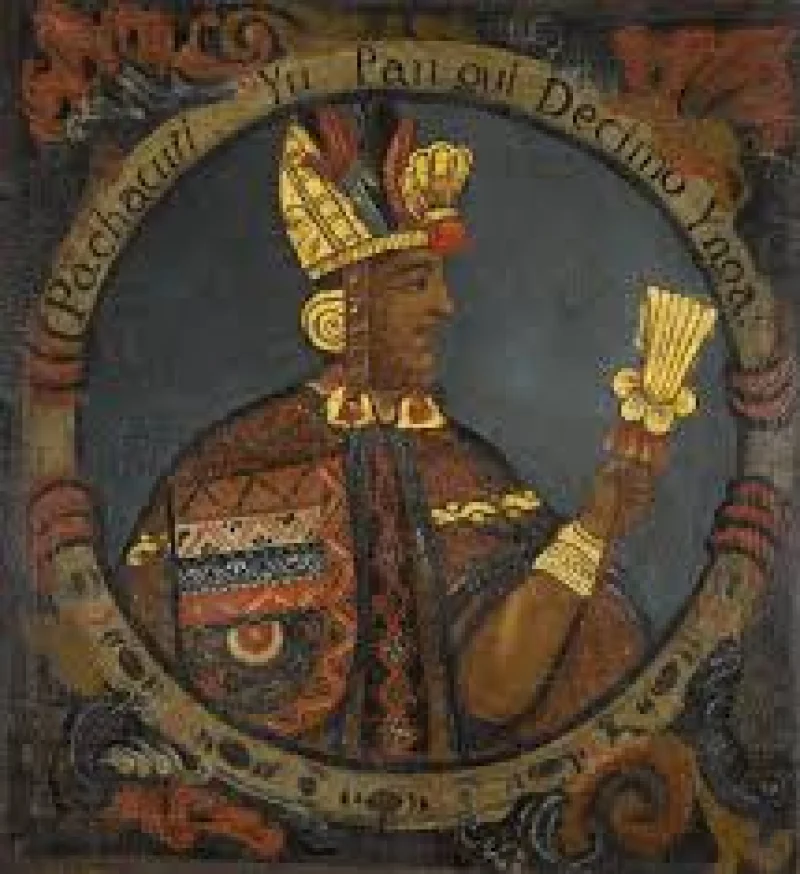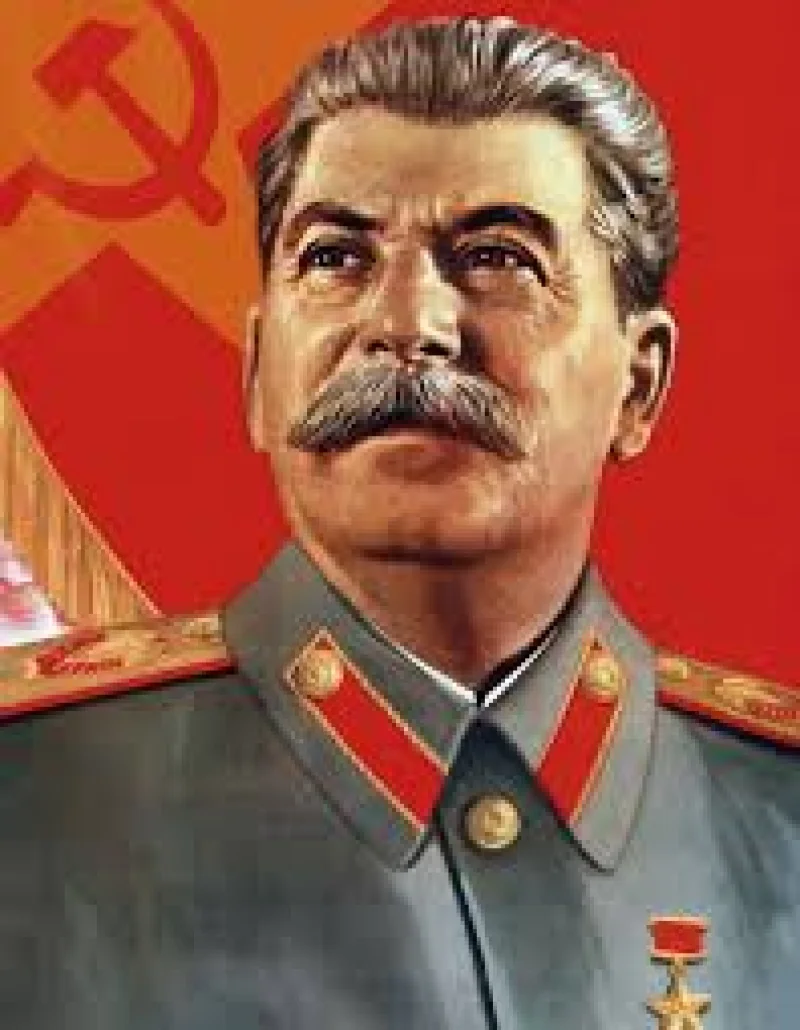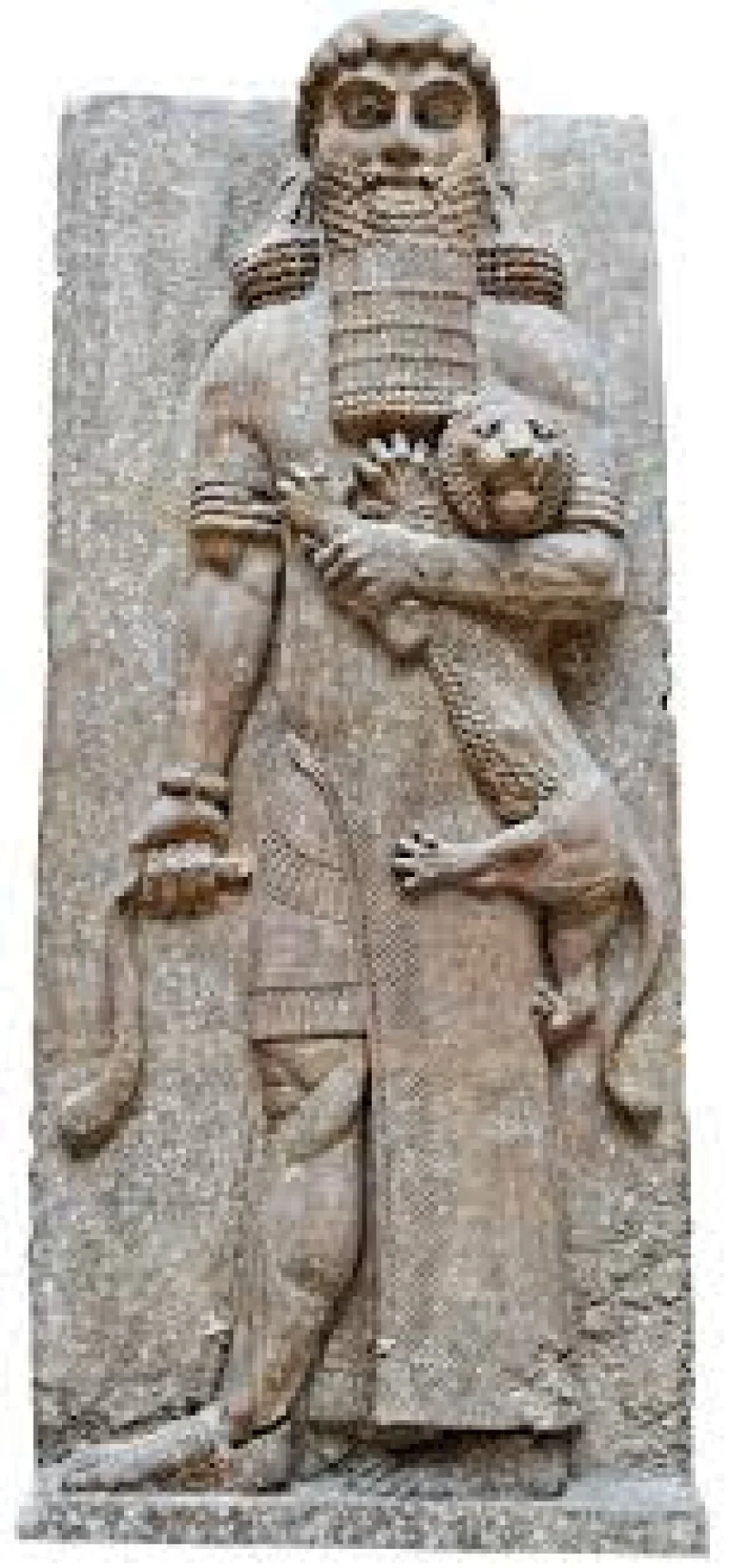Short Summary
Napoleon III, the nephew of Napoleon Bonaparte, served as the Emperor of the French from 1852 to 1870. He is renowned for his efforts to modernize France, his ambitious foreign policies, and ultimately for his role in the Franco-Prussian War that led to his downfall. His reign saw significant industrial development in France and the reconstruction of Paris under Baron Haussmann.
Early Life & Education
Born on April 20, 1808, in Paris, Charles-Louis Napoléon Bonaparte was the third son of Louis Bonaparte, the King of Holland, and Hortense de Beauharnais. Following the fall of his uncle, Napoleon I, his family faced exile. He spent much of his youth in Switzerland and Germany, where he received a broad education. Influenced by his family’s imperial legacy, he was imbued with a sense of destiny and political ambition, which was further shaped by his exposure to ideas of nationalism and liberalism during his formative years.
Career Highlights
After several failed attempts to seize power in France, including two abortive coups, Napoleon III finally achieved success through a combination of political maneuvering and popular support. He was elected President of the French Second Republic in 1848. In 1852, he declared himself Emperor, thus establishing the Second French Empire. His reign was marked by significant economic development and modernization efforts, including the transformation of Paris. However, his foreign policy adventures, particularly the ill-fated intervention in Mexico and the disastrous Franco-Prussian War, ultimately led to his abdication in 1870.
Major Achievements
- Established the Second French Empire in 1852, becoming Emperor Napoleon III.
- Oversaw the redevelopment of Paris, transforming it into a modern city.
- Promoted industrialization and economic growth in France.
- Expanded the French colonial empire, notably in Africa and Southeast Asia.
- Implemented social reforms, including the legalization of trade unions.
Famous Quotes
- "The empire is peace."
- "There is only one means of restoring order, and that is to reestablish the confidence of the nation."
Interesting Facts
- He was the first President of France to be elected by a direct popular vote.
- Napoleon III was the last monarch to rule over France.
- He was instrumental in the establishment of the Suez Canal.
- He died in exile in England in 1873.
- The famous Haussmann renovation of Paris took place during his reign.
Legacy / Influence
Napoleon III's reign had a lasting impact on France, particularly in terms of infrastructure and urban planning. The modernization efforts he championed laid the groundwork for France's industrial growth. Although his foreign policy missteps are often criticized, his influence on France's domestic and colonial policies endured long after his reign. His vision for a modern Paris continues to shape the city’s identity today.
FAQ
Q: Why is Napoleon III famous?
A: He is famous for being the first President and later Emperor of the French, as well as for modernizing Paris and expanding the French Empire.
Q: What were some of Napoleon III's notable achievements?
A: He established the Second French Empire, redeveloped Paris, and promoted economic growth.
Q: How did Napoleon III's rule end?
A: His rule ended following France's defeat in the Franco-Prussian War and his subsequent capture and exile.











